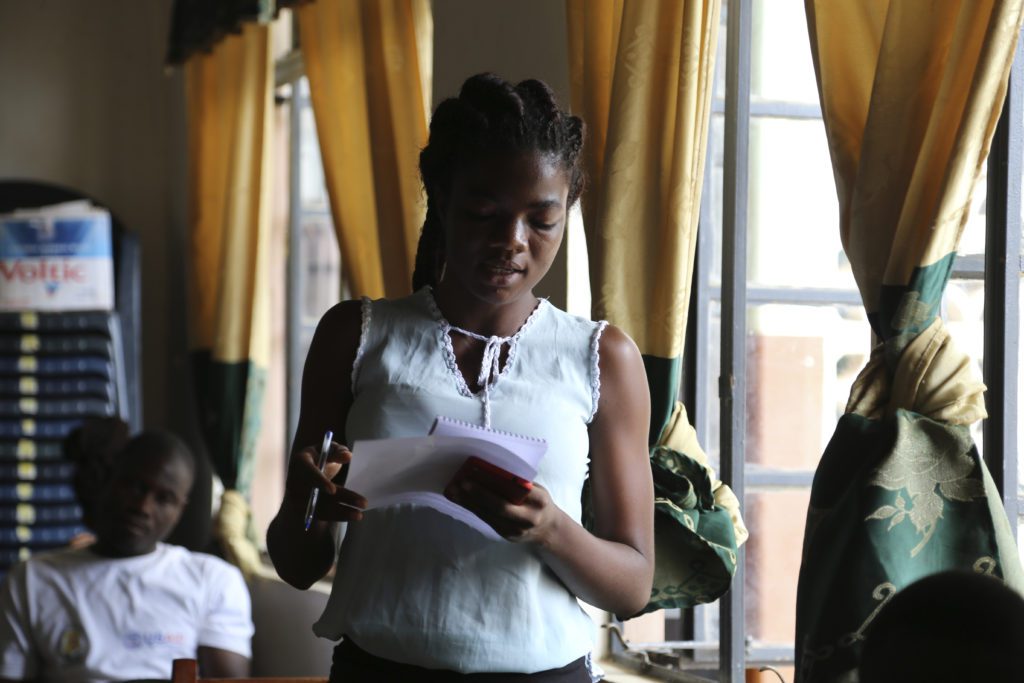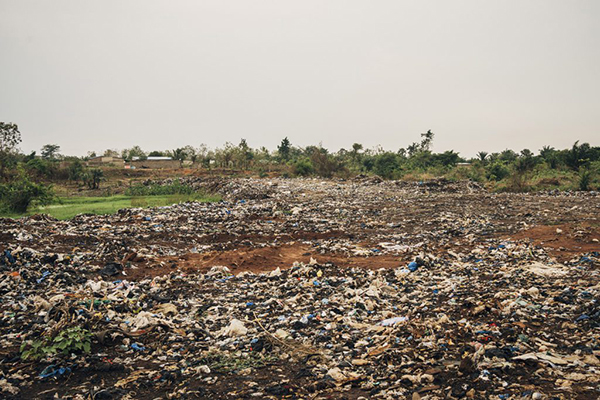Leprosy Research Initiative (LRI) is an international initiative that supports research projects into leprosy. From 2020, Fundación Anesvad has contributed to more than thirty projects around the world with the aim of making progress on solutions against this disease.
Leprosy is an infectious and chronic disease produced by the Mycobacterium leprae bacterium. Unless treated promptly it can cause progressive and permanent damage to the skin, the nerves, the mucus in the respiratory tract, and the eyes. Although it is easily treatable, there are still major challenges around improving treatment and the consequences it has for those affected.
In 2020, 131 countries reported new cases of leprosy (127,506), mostly in Africa and south-east Asia. The Leprosy Research Initiative (LRI) was set up in 2013 to promote high-quality research into leprosy in endemic countries.
Leprosy Research Initiative (LRI)
LRI is an international initiative created by Netherlands Leprosy Relief, American Leprosy Mission, DAHW, and effect:hope, and it was set up with the aim of combating leprosy on different fronts. Following our joining as members in 2020, we have supported projects to:
- Improve diagnostic techniques.
- Research modes of transmission.
- Attend to the disability associated with the disease.
- Support operational research.
- Increase awareness against stigma and discrimination.
In 2020 LRI funded 29 research projects with a value of 1.3 million euros. By supporting this research we make progress so that persons suffering from leprosy can participate in the development of their communities and live their lives free from stigma.
Furthermore, we contribute to researching new faster and more effective diagnostic tests; we help to map zones and communities in Africa where leprosy is more widespread, and we design monitoring and supervision models for the disease to stop its incidence from increasing.
Because what we want more than anything is a world free of leprosy.






